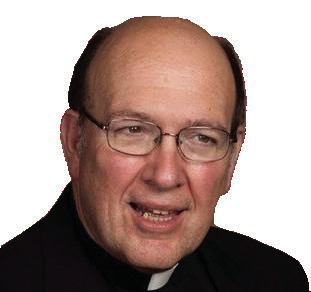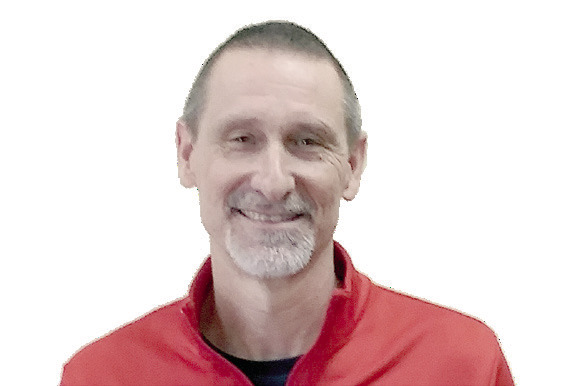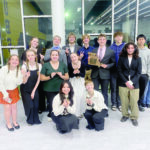William Hodgson: Public trauma – old and new

We often think of a trauma as a life changing event which has an enduring effect.
Most of the time, we see these events in an individual sense and seek to grow in understanding of the lasting effects of the event. In recent years there have been efforts to understand public traumas as well.
The people of the Old Testament experienced two major public traumas which remained a part of the people’s memory all through the Old Testament. One was the slavery of the people Israel in Egypt and the other was the destruction of the temple and the Exile into Babylon.
These two events introduce the involvement of God in the peoples’ interpersonal or public history.
The entire Passover event was God’s action to deliver the people from slavery, involving their cooperation in the Passover sacrifice and the placing of the blood on their doorposts. (Exodus 12:21-28) The first of the 10 Commandments begins with a reminder of the people’s slavery and deliverance. (Exodus 20:2) “I, the LORD, am your God, who brought you out of the land of Egypt, that place of slavery.” (Deuteronomy 5:6) Regarding the Exile in Babylon, Psalm 137 is an example of an imprecatory (revenge) Psalm, written after the Exile and in clear reference to the trauma that affected all of Israel. The intensity of this kind of prayer is witness to the traumatic effect of the Exile.
In the sermon on the mount, Jesus shows us a development on how we are to remember this kind of trauma. (Matthew 5:44) “But I say to you, love your enemies, and pray for those who persecute you,” To do this individually or as a public requires the grace of healing.
We can mention two 21st-century events that could be considered public trauma.
One is remembered as a new meaning of 9/11. The attack on the world trade center altered our way of thinking and acting regarding security both as individuals and as a nation.
Another is the changes in both our behaviors and thinking after the COVID-19 pandemic. One of the lasting effects has been a different (increased intensity) in our relationships regarding digital communication. It has resulted in a loss of part of our humanity, replaced by not only artificial intelligence, but artificial communication as well.
We humans are replaced by the devices we have made.
Let us seek the grace of healing, individually and as a public.
Pastor Fr. Bill Hodgson is the priest at St. Edward Catholic Church in Cassville. He may be reached at 417-847-4948 or stedwardcassville@
gmail.com.






